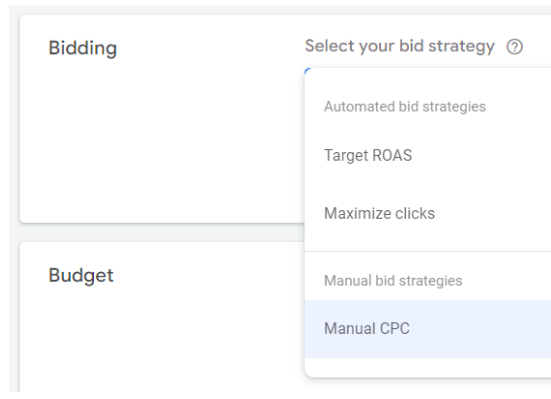Building lasting emotional connections with customers is key to fostering brand loyalty. It goes beyond offering quality products or convenience—emotional loyalty involves creating meaningful bonds that resonate with customers’ values, identities, and experiences. Brands that cultivate these deeper connections can create advocates who prefer their products over competitors, even in tough market conditions. Here’s how emotional connection drives customer loyalty and actionable strategies to enhance it:
Why Emotions Drive Loyalty
1. Stronger Commitment:
Emotionally connected customers exhibit higher commitment. Even when faced with small service issues or competitive offers, they stick with the brand because the relationship transcends transactional interactions. A Gallup study highlights that 70% of purchasing decisions are driven by emotions, while only 30% rely on logic.
2. Increased Advocacy:
Emotional loyalty encourages customers to become brand ambassadors. They naturally recommend the brand to family, friends, and their social networks. Research shows 70% of emotionally connected customers spend twice as much and 80% recommend their favorite brands.
3. Higher Lifetime Value:
Emotionally loyal customers generate more revenue over time. They are more likely to purchase across product categories and are less price-sensitive. According to a Harvard study, emotionally connected consumers are 52% more valuablethan satisfied customers, as they buy more, remain loyal, and recommend the brand extensively.
4. Resistance to Competitors:
Emotional bonds provide a defense against competitors. Brands that forge emotional connections are harder to replace, giving them an edge even in saturated markets. CapGemini notes that 86% of emotionally engaged customers always think of their favorite brand first and 82% consistently buy from that brand.
5. Brand Preference and Feedback:
These customers become deeply invested in the brand’s success, providing regular feedback and showing unwavering preference. They aren’t interested in substitutes and often offer valuable insights to help the brand grow.
6. Enhanced Customer Experiences:
Emotionally connected customers rate brands higher, even if occasional mishaps occur. Positive interactions build trust and solidify bonds, increasing satisfaction over time.
How to Build Emotional Loyalty
- Cultivate Trust:
Trust is the cornerstone of emotional loyalty. It builds over time through consistent interactions, transparency, and reliability. Brands that customers trust are more likely to gain forgiveness for occasional mistakes, as long as they act with integrity. - Communicate Shared Values:
Consumers want to align with brands that reflect their personal beliefs and social values. Companies that take a stance on causes or act responsibly attract emotionally connected customers. - Personalize Customer Interactions:
Brands can deepen emotional bonds by tailoring experiences to individual customers. Personalized emails, targeted offers, and remembering special occasions (like birthdays) make customers feel valued. - Create Memorable Moments:
Experiences that trigger positive emotions—such as surprise gifts, hand-written thank-you notes, or exceptional service—foster long-lasting emotional ties. - Foster Community Engagement:
Building a sense of community through online forums, social media groups, or loyalty programs makes customers feel part of something bigger, reinforcing their emotional connection to the brand. - Deliver Consistently Positive Experiences:
Even when things don’t go perfectly, a history of good experiences encourages customers to maintain loyalty. Research suggests that customers with emotional connections rate brands higher than those who are merely satisfied.
Emotional loyalty transcends rational considerations like price and product features. It relies on trust, shared values, and positive personal experiences. Brands that focus on fostering these emotional connections enjoy stronger advocacy, higher customer lifetime value, and greater resistance to competition. By prioritizing emotional ties, companies can build communities of loyal customers who see the brand as a meaningful part of their lives, not just a product or service provider.











Leave feedback about this